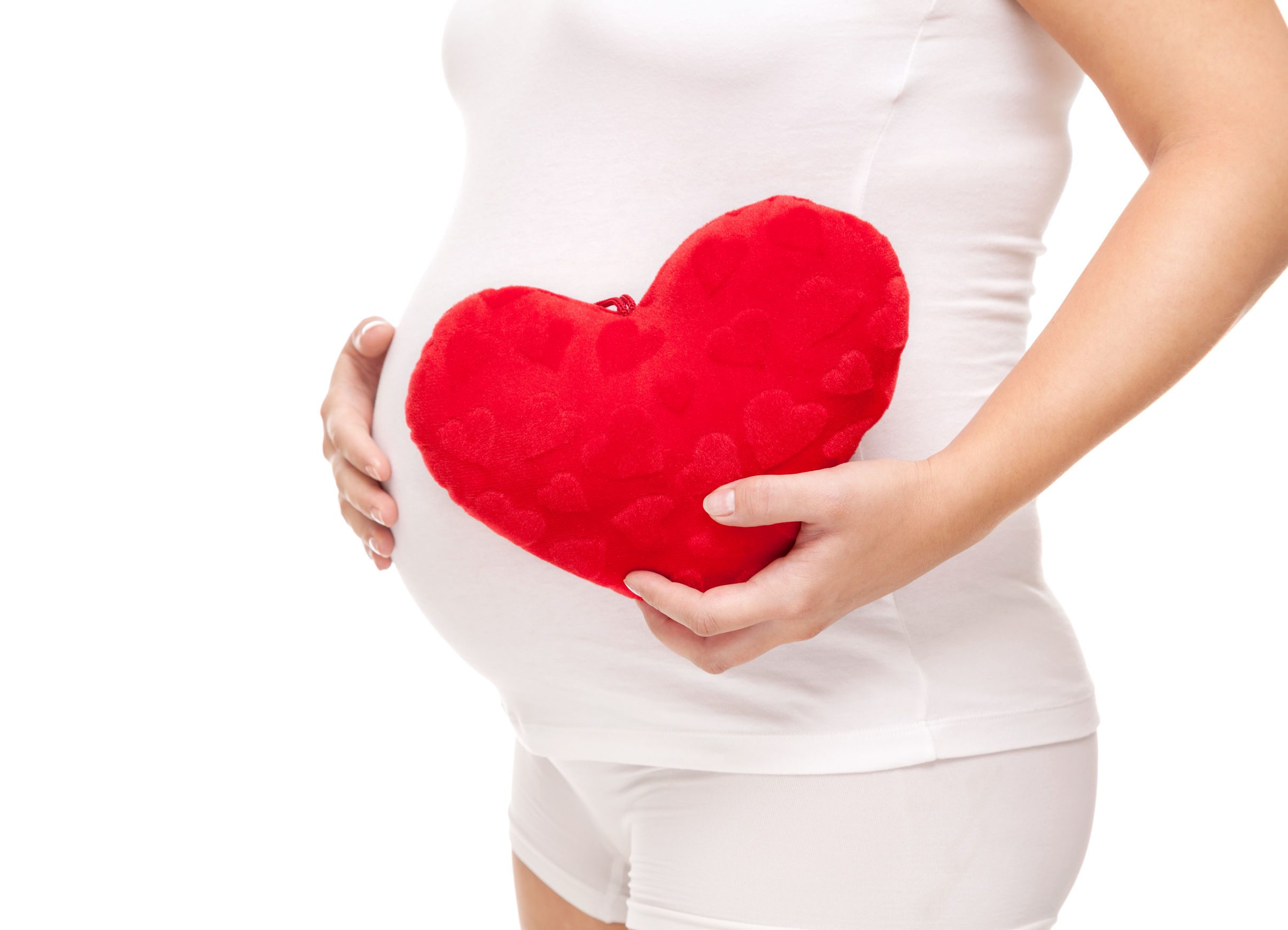A lot of new mums spend so much time making birth plans and dealing with anxiety about labour. But they don’t always develop an after birth plan. There are so many changes in this time of your life, but it doesn’t stop at giving birth. You will have a new baby in no time. So now is the time to discuss postnatal mental health needs.
Preparing for the arrival of a new member of the family is a wonderful time for everyone. There is so much planning that goes into the arrival. By the time baby comes along you have had many different tests, many hours spent waiting for or seeing doctors.
You have also restructured your life around this pending bundle of joy. Some people renovate, or redecorate their room, family comes and go all helping to prepare for the baby. And then the big day arrives and there is a flood of emotions. Happiness, fear, confusion, relief and many more.
The perinatal period is defined as the few months just before and just after the baby comes and this, for many new mums and new dads is the crucial time to assess perinatal mental health needs. It is common at the final stage of pregnancy to experience pregnancy blues, pregnancy related mood disorders and sleep issues but what to expect after baby is born? Postnatal mental health care is just as important as antenatal mental health care.
It’s not always a joyful time
For some people there may be grief, stress or trauma associated to the pending birth, and, it’s not just the physical changes that have begun to accommodate for the little one. There are so many changes in hormones, and even mental or psychological accommodations that are made.
You literally “make space” for the new arrival in your thoughts, in your dreams and in your day dreams. These hormonal and psychological changes can come at a cost. Just like those niggling stretch marks left as a physical reminder on your body, your mind and outlook on life will never quite be the same again.
It is so common for all that is happening to alter your mood state, your reasoning abilities and sometimes even your perceptions. It is common before, during and after labour, for new mums (and often even new dads) to develop what has colloquially been labelled “the baby blues”. And this is not only reserved to first time parents. It takes a lot of adjustment to new baby, be kid to yourself, but seek support when you feel you need as postnatal self care is so important.
Some common reasons that baby blues kick in are:
- significant hormonal changes
- psychological factors including stress and worry
- physical stress and exhaustion
- trauma related to the labour and birth experience
- expectations that don’t match reality
- pain related to the birth
- sleep issues during pregnancy
- postnatal sleep issues
- feeding issues or latching issues for newborns
- not coping with the demands of a new baby
Most of the time, these baby blues will slowly subside after the birth of your child. The amount of time that this takes is different for most people, however it is advised that if these feelings do not begin to disappear after a month or so then seeking advice from your GP or your counsellor is a good idea.
If the feelings linger longer, or remain intense and overwhelming, or if they affect your day to day functioning, or your ability to care for your new born then it is a good idea to talk this through with someone. It is common for new parents to feel like they’re not coping with their new baby, to experience postpartum mental health conditions such as anxiety, depression or psychosis. It’s common for parents to have a feeling of “I didn’t know what to expect after baby was born” or even “I don’t feel love for my baby yet”.
It’s important to know that post-natal (or post-partum) mental health conditions come under many different categories for diagnosis.
Postnatal Depression Symptoms: People can experience symptoms of depression such as; low motivation, lack of concentration, negative appraisals of themselves or their situation, increased irritability, changes in sleep patterns and changes in appetite. This can begin in the antenatal phase or postnatal phase.
Postpartum Anxiety Symptoms: Alternatively, new parents can experience increased symptoms of anxiety such as increased startle response, symptoms of panic, stress symptoms and anxious thoughts.
Obsessive-Compulsive Symptoms: For some clients, these anxious responses can become similar to symptoms of Obsessive-Compulsive Disorder, where a new parent may suffer from intrusive thoughts and an intense desire to respond to those thoughts to reduce their stress.
Postpartum Psychosis Symptoms: Some new parents can experience post-partum or post-natal psychosis as well, where they experience some symptoms such as mania, increased or excessive energy, inability to sleep, hearing or seeing things that aren’t there, and altered thought patterns that may be strange or bizarre. Common thoughts include paranoia such as fear that the baby will be harmed by someone, or that the baby is dangerous.
Sometimes people who experience post-natal mental health struggles may have thoughts of suicide, or thoughts about hurting the baby. It can be very distressing to think this way, and with the right support these thoughts and feelings can improve and your bonding with your newborn a be improved over time.
What can help after the birth of my baby?
- Postnatal self-care and understanding, not expecting too much of yourself, take time outs, take a bath or go for relaxing walks.
- Talking, either to friends or a professional, post-natal support groups or playgroups, where people are like minded and likely going through similar experiences.
- Postnatal nutrition is so important. Maintain a healthy diet, ensure your body is being replenished of the nutrients that you have given to baby in development, and in breast feeding.
- Getting enough sleep, or rest, be aware of your energy levels and ask for help if you need a time out. Postnatal sleep is hard as you adjust to the new routine of feeding. If you don’t have friends or family nearby, then there are some great services that can offer domestic services or support. Rest while baby rests and monitor your energy needs.
- Enjoy your baby, take time out to watch, cuddle and just be with your baby. No pressure, no expectations. Just be with them. Don’t think about all the other things you could be doing.
- Be honest, say what you’re really thinking. It’s ok to be honest with yourself and others. Don’t try and “keep up appearances” this will just lead to more symptoms of burnout and distress.
There is Hope
For a high percentage of people these worrying and difficult symptoms resolve entirely. So don’t keep your concerns to yourself, reach out. Seek support from someone who can help to resolve these issues with you.







